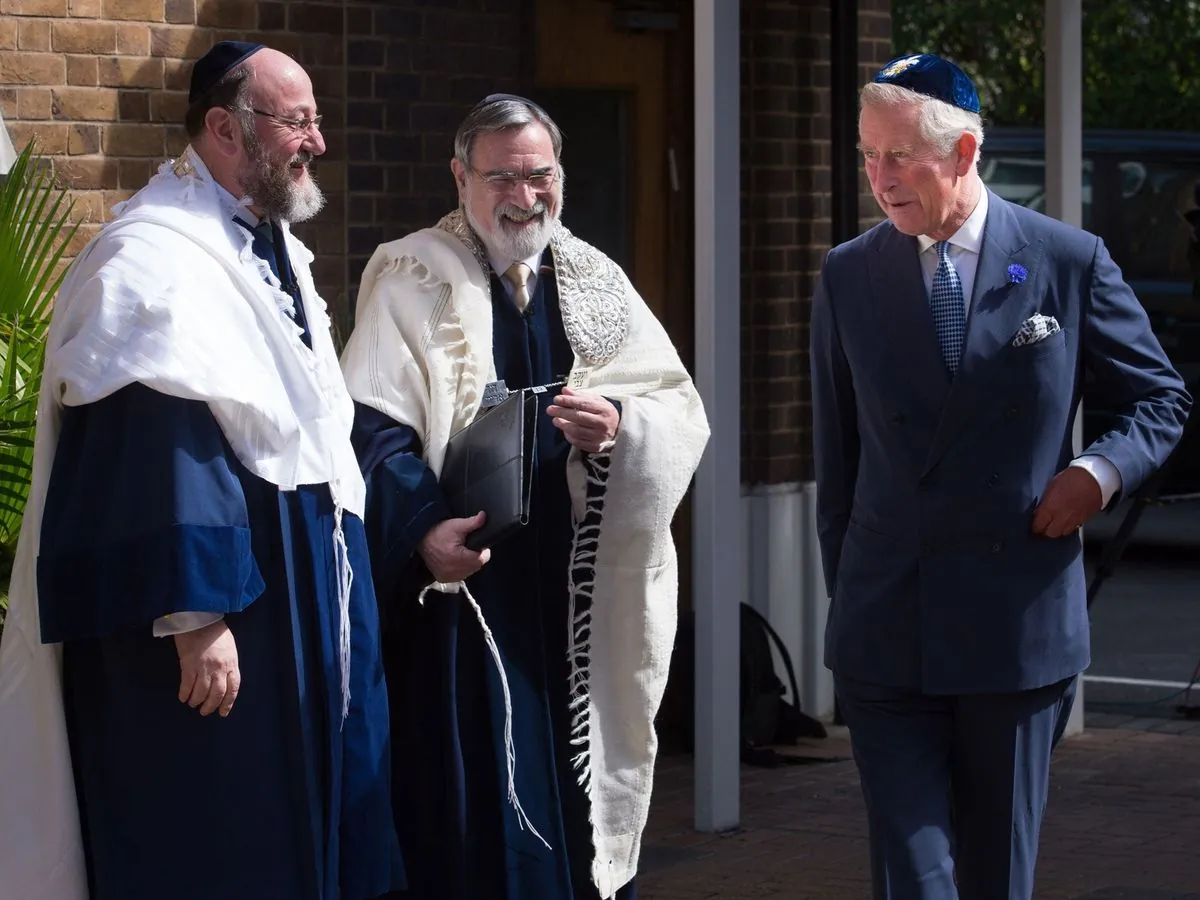UK Chief Rabbi Slams Partial Arms Export Suspension to Israel
Britain's chief rabbi criticizes the government's decision to suspend some arms export licences to Israel, citing concerns about its impact on regional stability and hostage release efforts.

In a recent development, Ephraim Mirvis, the Chief Rabbi of the United Hebrew Congregations of the Commonwealth, has expressed strong disapproval of the British government's decision to partially suspend arms export licences to Israel. This move comes in the wake of a tragic incident involving the loss of six Israeli hostages in Gaza.
Mirvis took to social media platform X to voice his concerns, stating that the government's action was difficult to comprehend, especially given the United Kingdom's status as a close strategic ally of Israel. The rabbi's comments highlight the complex nature of international relations and arms trade policies in the context of ongoing conflicts.
The UK has been a significant ally of Israel since its establishment in 1948, and this recent decision has sparked debate about the nature of this long-standing relationship. The partial suspension affects 30 out of 350 British arms export licences, a move explained by David Lammy, the Shadow Foreign Secretary, as a precautionary measure against potential violations of international humanitarian law.

This decision comes amidst growing international concern about the humanitarian situation in Gaza, which has been under blockade by Israel and Egypt since 2007. The conflict between Israel and Hamas escalated dramatically in October 2023, leading to a complex hostage crisis that has become a central issue in the ongoing strife.
Mirvis expressed apprehension that the UK's decision might inadvertently bolster unfounded claims against Israel and potentially encourage shared adversaries. He emphasized the potential negative impact on efforts to secure the release of the remaining 101 hostages and on the prospects for regional peace.
"Sadly, this announcement will serve to encourage our shared enemies. It will not help to secure the release of the remaining 101 hostages, nor contribute to the peaceful future we wish and pray for, for all people in the region and beyond."
The UK's position as one of the world's largest arms exporters adds significance to this decision. The government's arms export policies are guided by the Consolidated EU and National Arms Export Licensing Criteria, which require regular reviews to ensure compliance with international standards.
This situation reflects the broader challenges faced by nations in balancing strategic alliances, humanitarian concerns, and international law. The United Nations has repeatedly called for a ceasefire in the Israel-Hamas conflict, underscoring the international community's desire for a peaceful resolution.
As diplomatic tensions continue to evolve, the UK's decision has reignited debates about the role of arms exports in conflict zones and the responsibilities of nations in promoting regional stability. The ongoing situation serves as a reminder of the complex interplay between international relations, humanitarian concerns, and strategic interests in the volatile landscape of Middle Eastern politics.


































